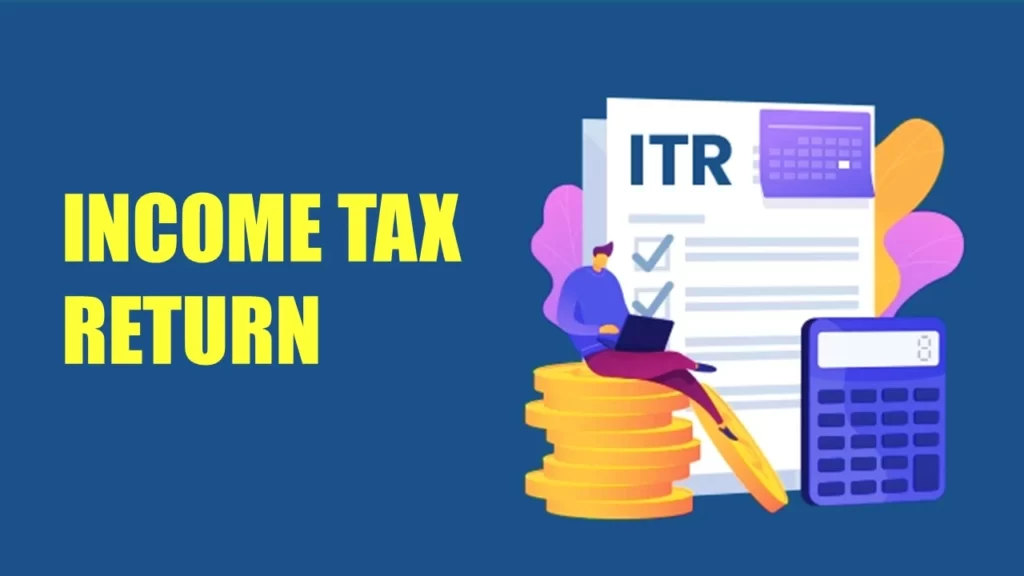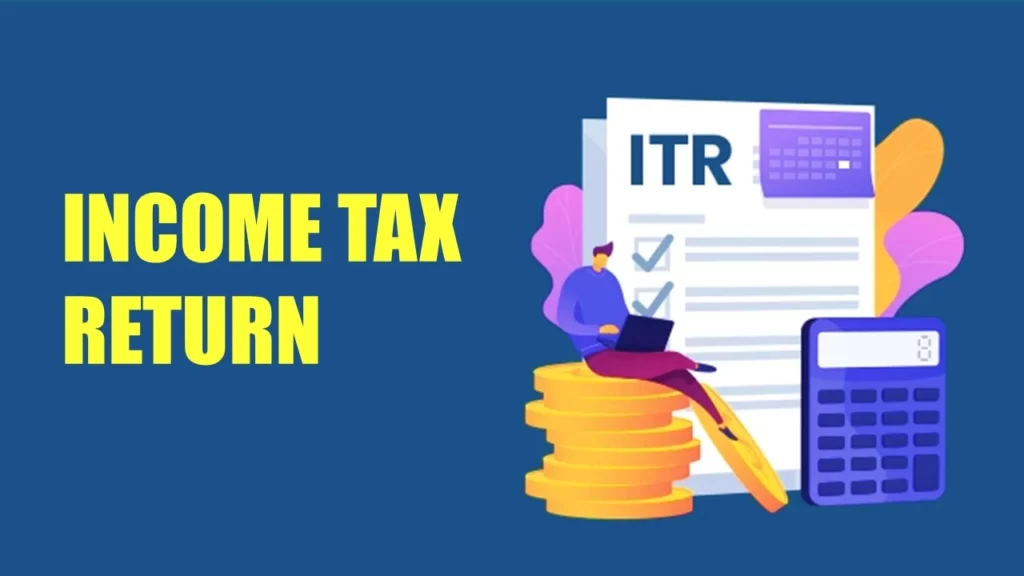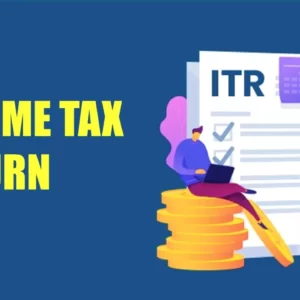📊📝 Income Tax Return Guide – Essential Details You Need to Know
Explore plans | Calculate Premium | Download Brochure | Email
🇮🇳 September 17, 2022
India’s Income Tax Laws: Understanding the Basics
India’s Income Tax Laws are carefully crafted by the Government to regulate taxation on various entities, including individuals, Hindu Undivided Families (HUFs), companies, firms, LLPs, associations of persons, and more. These laws establish a framework for levying taxes on taxable income. Your tax liability is influenced by your residential status. If you qualify as a resident of India, you are obligated to pay tax on your global income. Each financial year, taxpayers must adhere to specific rules while filing their Income Tax Returns (ITRs).
What is an Income Tax Return (ITR)?
An Income Tax Return (ITR) is a form used to provide details about your income and taxes to the Income Tax Department. Your tax liability is calculated based on your income. If you’ve paid excess tax during the year, you may be eligible for an income tax refund from the Income Tax Department. Individuals and businesses with income from sources like salaries, business profits, house property, dividends, capital gains, interests, and others are required to file tax returns annually. Non-compliance with filing deadlines can result in penalties.
Is Filing Income Tax Return Mandatory?

- What are the benefits of filing returns?
- Precautions while filing ITR
- What is Form 26AS?
- How is excess tax refunded?
- Who is eligible for ITR?
- What is e-verification of ITR?
- How do I know if I need to file tax returns?
- Why should I file ITR?
- What’s the importance of Form 26AS?
- How to download ITR?
- Which ITR form should I use?
In India, filing income tax returns is mandatory if your income exceeds the basic exemption limit. It’s not just about compliance; timely filing affects your financial prospects. Delayed filing can attract late fees and even impact your eligibility for loans or travel visas.
Who Should File Income Tax Returns?
Several entities are required to file Income Tax Returns (ITRs), including:
- Individuals below 60 with total income exceeding Rs 2.5 lakh, and senior citizens (60-79) with income over Rs 3 lakh, and super senior citizens (80+) with income exceeding Rs 5 lakh.
- All registered companies, regardless of profit.
- Those claiming refunds on excess tax paid.
- Individuals with overseas assets or financial interests.
- Foreign companies with Indian transactions benefiting from treaty agreements.
- Non-Resident Indians (NRIs) with income exceeding Rs 2.5 lakh earned in India in a financial year.
Essential Documents for Filing ITR
Gather these documents for a smooth e-filing process:

E-filing is secure, convenient, and accurate. It enables prompt processing, reduces errors, and offers easy accessibility to past data. E-verification through Aadhar, net banking, or ATM streamlines the process.
- Bank and post office passbooks, PPF account details
- Salary slips
- Aadhar card, PAN card
- Form-16 (TDS certificate from employer)
- Interest certificates from banks and post office
- Form-16A (TDS on non-salary payments)
- Form-16B (TDS on property sale)
- Form-16C (TDS on rent)
- Form 26AS (consolidated annual tax statement)
- Investment proofs for deductions
Form 26AS: Key Details
Form 26AS is essential for verifying tax deducted at source on your investments. The revamped Form 26AS includes statements of financial transactions, Aadhar details, tax proceedings status, and more.
Linking Aadhar to ITR
Aadhar linking is mandatory for filing tax returns. Senior citizens can file manually, while others must file electronically. Instructions to link your Aadhar are provided on the Income Tax website.
One-Time Verification of Past ITRs
The Income Tax authority has extended the verification window for previously filed returns till September 2020. Verification confirms the accuracy of details submitted and is crucial to avoid penalties.
New Features in ITR Forms
The new ITR forms incorporate COVID-19 relief measures and offer a wider scope of taxpayers. They simplify the process and include statements of financial transactions, making e-filing more user-friendly.
Advantages of E-Filing
Frequently Asked Questions (FAQs)
Remember, filing ITR isn’t just a legal obligation; it’s a responsible financial practice that offers various advantages and ensures your financial well-being.
For more personalized guidance and to file your Income Tax Return accurately, consult a tax professional.
Note: This content provides general information and is not a substitute for professional advice. Consult a tax consultant for personalized guidance.

